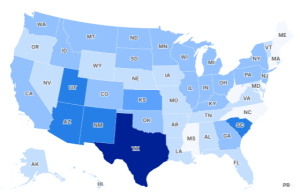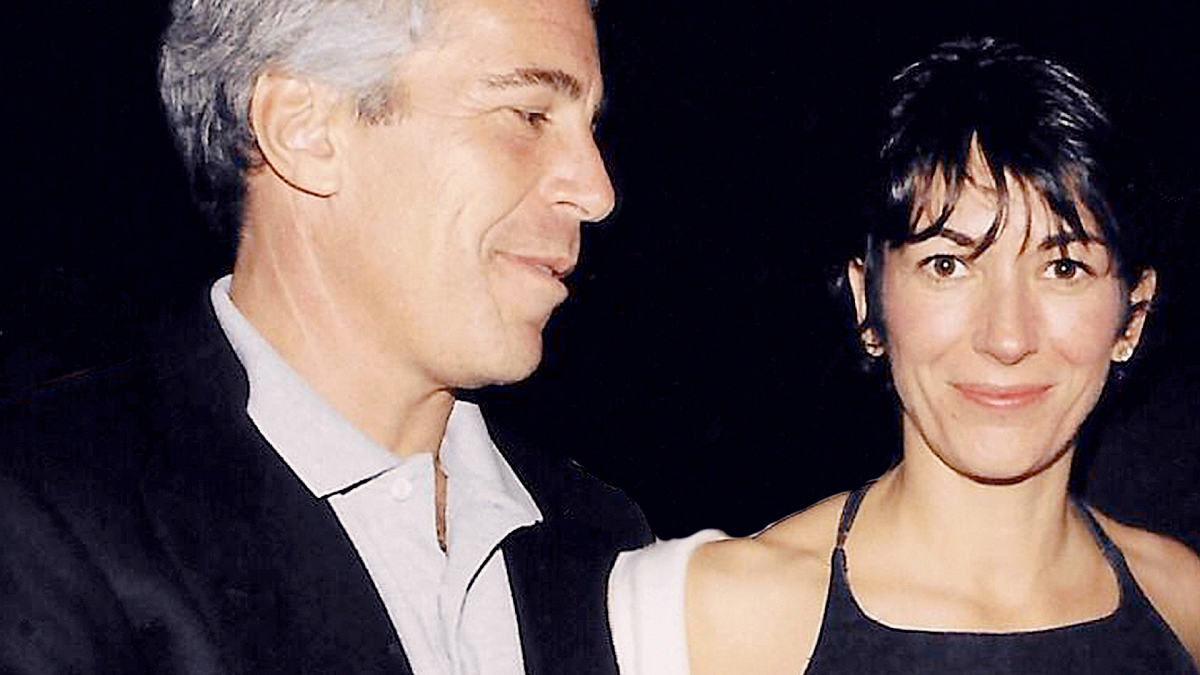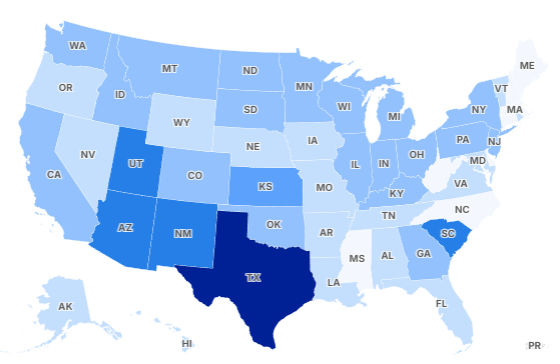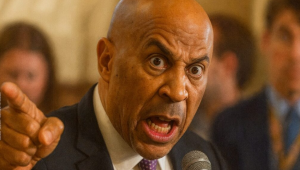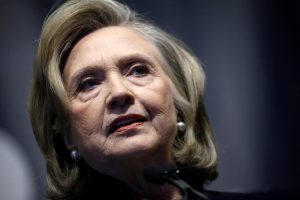Ghislaine Maxwell Sets Conditions for Congressional Appearance
A familiar name in one of America’s darkest scandals may soon return to the public stage—but not without conditions. The resurfacing of the Epstein investigation has drawn renewed scrutiny from lawmakers and the public, with pressure mounting on institutions to lift the veil on what many believe has remained hidden far too long.
This week, a key figure linked to the case offered an unexpected response to that pressure—just not the one congressional investigators were hoping for.
The House Oversight Committee has been ramping up efforts to force greater transparency from federal agencies that continue to withhold Epstein-related records. Earlier this month, a subpoena was issued for testimony from a high-profile individual who, until now, has remained largely silent during the most recent wave of public attention.
The subpoena did not go unanswered. In fact, the response came swiftly—through a letter sent directly to the committee.
But instead of agreeing to appear, the letter outlined a series of conditions. It didn’t outright refuse cooperation. But it didn’t offer it freely either.
According to multiple sources familiar with the communication, the individual in question made clear that testimony might be possible—but only under very specific terms: legal protections, a delay, and complete control over the format.
At the center of the standoff is Ghislaine Maxwell, currently serving a 20-year sentence in a Florida federal prison for her role in the sex trafficking ring operated by Jeffrey Epstein. Though convicted in federal court, she has maintained a limited public profile since sentencing—until now.
Her legal team informed the committee that while she would typically invoke the Fifth Amendment, she was “open to testifying.” But there’s a catch.
Maxwell’s attorneys requested that any congressional appearance be contingent on immunity from future prosecution. In addition, they asked that questions be submitted in advance and that any appearance be delayed until the Supreme Court decides whether to take up her pending appeal.
These demands, though not unusual for high-profile legal battles, were met with a firm and immediate response.
A spokesperson for the Oversight Committee confirmed that while communication with Maxwell’s counsel would continue, “the committee will not consider granting congressional immunity for her testimony.”
What’s clear is that Maxwell’s team appears to be playing a long game—possibly betting on larger legal or political shifts to strengthen her position. Some sources suggest that beyond immunity, a broader possibility may be in play: a presidential pardon.
When asked earlier this month, President Trump—who returned to office in January—declined to dismiss the idea outright. “It’s within my authority,” he said, “though I’ve not been asked to do so.” The comment sparked widespread speculation, particularly among those already skeptical of the Justice Department’s handling of the Epstein matter.
Maxwell’s team hasn’t shied away from the idea either. A spokesperson suggested that a pardon would allow her to “testify openly and honestly” and finally address what they call “misconceptions” about her role.
Whether this is a genuine willingness to cooperate—or a calculated move to extract legal concessions—is still unclear.
But one thing is certain: the pressure on Congress to uncover the full extent of the Epstein network is only growing, and Maxwell’s potential testimony represents a turning point. With legal and legislative paths now crossing, the battle over what can—and should—be disclosed is no longer confined to the courtroom.
What comes next may depend not just on the law, but on political will—and how far institutions are willing to go to get answers.

Emily Johnson is a critically acclaimed essayist and novelist known for her thought-provoking works centered on feminism, women’s rights, and modern relationships. Born and raised in Portland, Oregon, Emily grew up with a deep love of books, often spending her afternoons at her local library. She went on to study literature and gender studies at UCLA, where she became deeply involved in activism and began publishing essays in campus journals. Her debut essay collection, Voices Unbound, struck a chord with readers nationwide for its fearless exploration of gender dynamics, identity, and the challenges faced by women in contemporary society. Emily later transitioned into fiction, writing novels that balance compelling storytelling with social commentary. Her protagonists are often strong, multidimensional women navigating love, ambition, and the struggles of everyday life, making her a favorite among readers who crave authentic, relatable narratives. Critics praise her ability to merge personal intimacy with universal themes. Off the page, Emily is an advocate for women in publishing, leading workshops that encourage young female writers to embrace their voices. She lives in Seattle with her partner and two rescue cats, where she continues to write, teach, and inspire a new generation of storytellers.


